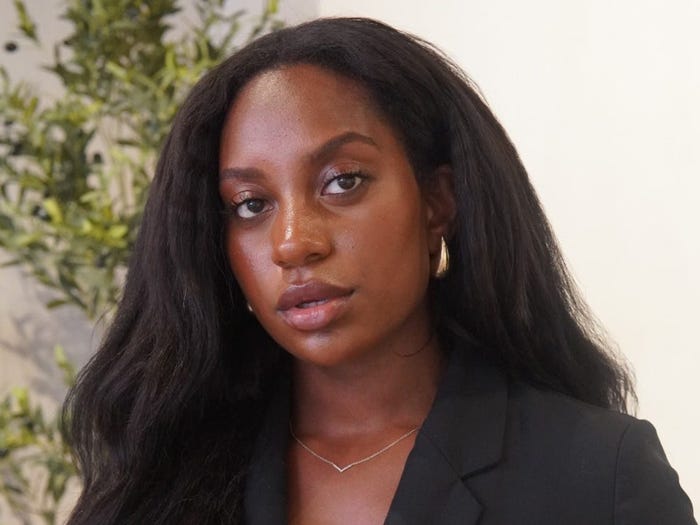Men and Women Communicate Differently: Insights from David Mitchell

In a recent discussion, comedian David Mitchell shared intriguing observations about the nature of male and female communication. He suggested that men and women have fundamentally different ways of expressing themselves, which can impact their relationships, especially during challenging times.
Mitchell, speaking to the Sunday Times, addressed the often-criticized concept of “mansplaining.” He argued that the term unfairly characterizes men as condescendingly explaining things to women. Instead, he pointed out that men engage in similar behaviors among themselves, where they take turns discussing topics in a manner they consider conversational. This perspective came alongside revelations from fellow comedian Robert Webb, as the duo explored how they support each other through personal hardships. Their conversation revealed a common confusion among men regarding emotional discussions; Mitchell admitted he often struggles to articulate what men talk about with one another.
Communication Styles and Relationship Dynamics
Highlighting the differences in communication, fellow entertainer Rylan Clark recently reflected on his experiences hosting the podcast How to Be in Love. He acknowledged a shift in his understanding of relationships, particularly the concept of a partner as a best friend. Clark noted that he initially struggled with the idea but came to appreciate the depth of companionship that can exist within romantic partnerships. Yet, this raises important questions about the dynamics of heterosexual relationships.
For many, the stark contrast in how men and women engage in conversations can lead to misunderstandings. A common scenario involves a man discussing everyday life while significant emotional events in his friends’ lives go unmentioned. Such occurrences can leave partners feeling disconnected and concerned, particularly when sensitive topics are not addressed. The differences in relational styles can create challenges in ensuring that both partners feel supported and understood.
Further complicating matters, the idea of a partner being one’s best friend can evoke mixed feelings. Some may find this expectation burdensome, believing it places undue pressure on the relationship. For others, the desire for deeper emotional connections can lead to disappointment if those expectations are not met, as illustrated by personal anecdotes shared by Mitchell and his wife, Victoria. Her inquiries into his friendships prompted reflections on his emotional connections, revealing a complex interplay between friendship and romantic partnership.
Gender Differences in Coping with Loss
These communication styles may also explain why studies show that widows often report greater happiness compared to widowers. According to Arthur C. Brooks, a professor at Harvard University and happiness researcher, men generally struggle more with grief due to a lack of social support. He cited that about 60% of men aged 60 and over consider their wives their best friends, whereas only 30% of women feel the same about their husbands. This disparity highlights how women typically cultivate deeper emotional connections outside of their marriages, leading to more robust support networks during difficult times.
As these conversations unfold, they challenge traditional notions of friendship and relationship dynamics. The evolving understanding of how men and women communicate could pave the way for healthier partnerships. While some may question whether it is feasible to be both partners and best friends, the key may lie in recognizing and embracing the differences in communication styles. As Mitchell humorously concluded, perhaps it is best to reflect on the lessons that can be learned from these discussions, even if it means contemplating uncomfortable truths about one’s relationships.






